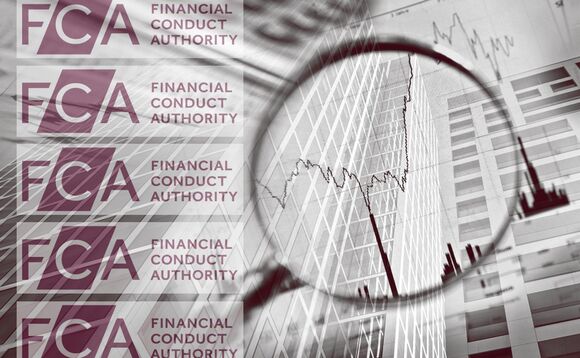The Financial Conduct Authority (FCA) has found D2C investment platforms scatter certain charges across different sections and webpages making them harder to locate to consumers, as per the findings of its platforms costs and charges review.
The review sought to assess the role of platforms in helping consumers understand their investment costs, enabling them to compare the costs of using different platforms. To that end, the FCA focused on the experience of non-advised consumers and looked at how easy it is to access charging information and whether the information available helps them understand what they pay.
Generally, the FCA said it could broadly identify and compare the main platform charges and that the fund charges were signposted. But it also found activity-based charges, such as telephone trades costs, foreign exchange, and interest on cash, were sometimes harder to locate.
"Where we could not find information about certain charges, we were left not knowing whether they would be charged for," it said.
After reviewing the current practices of non-advised investment platforms, the FCA listed both what was good and bad. In the good category, it highlighted the use of interactive tools, infographics, calculators and worked examples, as well as the provision of simple and clear explanations of charges.
The poor practices were mainly related to:
- a lack of a succinct comprehensive list of charges being clearly signposted
- information being spread out across different webpages
- too many links to different sections and pages
- omission of a clear statement of the interest applying to any cash held or the information being ‘hidden away' in legalistically worded terms and conditions.
These practices could lead to confusion and a lack of confidence for consumers making comparisons on price information, it said.
The watchdog charged investment platforms with providing a clearly explained list of all costs and charges including total prices and aggregated costs - expressed both as a cash amount and as a percentage - with a breakdown. It also sought illustrations showing effect of costs on returns for the benefit of both existing and potential clients.
It added that this information needs to be provided in good time, before the provision of the investment business. Given the short timeframe of online transactions, platforms may need to provide all the information in a manner which is immediately available, such as openly published on websites, to ensure they meet the information needs of potential clients, it stated.
The FCA also urged investment platforms to familiarise themselves with its proposed Consumer Duty, which seeks to set a higher standard of consumer protection in retail financial markets. It laid out its plans in Consultation Paper CP21/36, which closed on 15 February 2022. The rules apply from 31 July 2022 with an implementation period of nine months up to April 2023.





